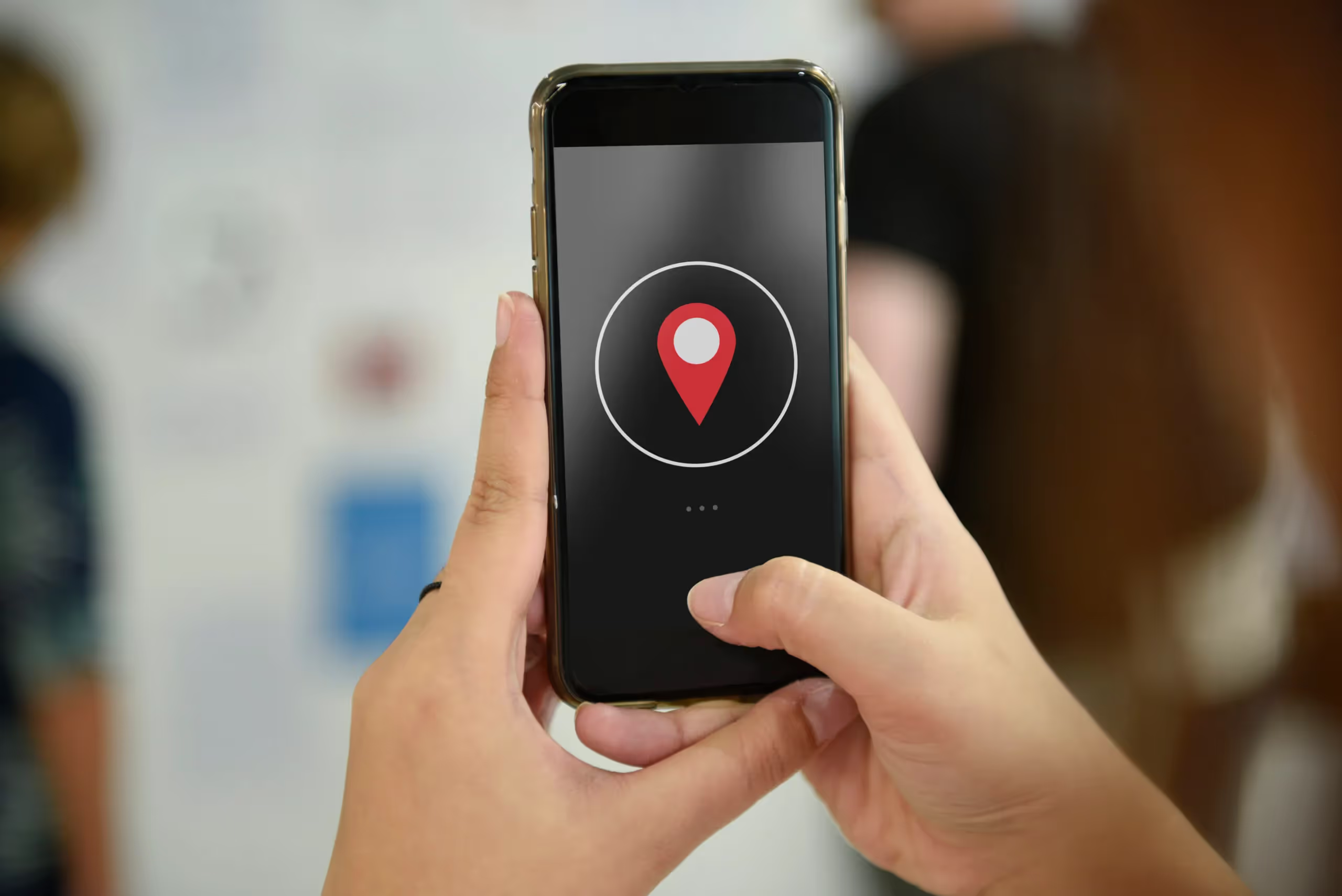New normal: What is the real impact on people's lives?
What will the new normal be like? What will the world look like after the COVID-19 pandemic?
These are questions that only time can answer. But based on what is seen in the changes that occurred during the social distancing of 2020, we can reframe these questions and ask: who will this be the new normal?
Many people are reevaluating the way they live, giving more value to small things, such as a hug, a handshake, a kiss from their grandpa or grandmother, or simply talking to their neighbors. But shouldn't valuing all of this be normal, regardless of whether you're new or old?
The truth is that the new normal is not that new for various sectors, such as work, hygiene, consumption.
That's what we're going to talk about in this article, about how the future already existed for some while others lived in the past.
At work
You can't talk about a new normal at work, without mentioning digital transformation. But this technological revolution had been taking place for at least 5 years and was adopted irrelevant by many companies. Few gave due value to the numerous digital tools that existed and that today are used almost daily by large and small companies.
But those companies were surprised. What didn't happen with the Clicksign. We already made the home office a common practice, we already used numerous digital tools in our processes, we already had employees working remotely, even in different cities and states. It wasn't hard for us to adapt to social distancing.
The new normal came as no surprise to Clicksign. Our products even help several other companies to work without needing a physical link between people.
Several companies have found that their employees are able to produce even outside the office. Social distancing has served to boost this trend of remote work in some companies. They even found that professionals can be even more productive working from their homes.
What helps homework a lot is the digitization of corporate processes. Today, there are numerous applications and software that can be used to meet the needs of a home office. It's about the digitization of business.
Digital solutions for this moment
With the advancement of the internet, new solutions were created for the management of a company. It is possible to find innovations in practically every area of a company, from marketing to HR.
Client management systems, also known as CRMs, can be used from any location with internet access. Through them, there is much more complete information about the behavior of each consumer of the company's products.
Another solution for remote work are contract management platforms, such as Clicksign Automation. These tools allow you to automate the way contracts are handled in a corporation. Everything is online, from the creation of the document and its completion in the variable fields, to its signature (which is electronic) and its storage in the cloud.
There are also apps that specialize in online communication. Thus, it is no longer necessary to be in person at a meeting, since it can be done remotely.
The new normal, therefore, is “full time” work. Not that professionals spend all their time working, but they can choose the hours in which they will carry out their activities, and for this purpose, they can choose any period of the day or night.
It's about a new mentality. And it's not just the employee who wins because they have more freedom. This type of work is much more lucrative for companies, too. Think, with fewer people in the office, there's less spending on electricity, water, coffee, cleaning. In addition, it is no longer necessary to pay rents for huge rooms for many employees. The company's office expense may come down to renting a meeting room for a specified period.
New professional skills, such as remote team management, will become part of the curriculum of the main MBA courses and a fundamental requirement that companies will seek in hired professionals.
Hygiene
Hygiene protocols are other examples of how the new normal was already present and many people were not practicing it. Washing your hands constantly is a habit that you learn to do as a child. However, for some reason many people didn't do it. Now, the tendency is for new and old establishments to have a sink available to customers so that they can take care of themselves as soon as they arrive from other places.
Alcohol gel is another item that will be practically mandatory in people's routine. Each individual must carry their own. Companies, however, will also make this product available so that as soon as their employees arrive from the street they can clean their hands.
People's habit of coming home must be changed. A practice that should be increasingly common is to remove shoes before entering the residence, a habit that is part of the life of the population of countries such as Germany and Japan, for example. As a result, thousands of microorganisms that remain on the soles of the shoes will not be carried into the houses. Changing clothes and taking baths, routines common to Brazilians, will be intensified in the post-COVID-19 world.
The new normal onto upbringing
One of the biggest concerns about how the pandemic would alter the daily life of society was that of the school routine. Many wondered how to make sure that the children did not miss their studies.
The result of these months of social isolation for teaching was that of many discoveries and innovations. Not infrequently, schools had to reinvent themselves. Teachers—true emperors in physical classrooms—discovered themselves as students again. Because they had to relearn how to teach.
The wealthiest schools used modern ones Technological devices to stay active. Students learn via the internet, inside a virtual classroom. And each one interacts with everyone at the same time.
Schools with fewer resources, on the other hand, were able to use an old, but good communication tool. The television. This is the case of public schools that use some digital TV channels to transmit the content that students have to receive.
One way or another. What we can see is that the new normal for education is increasingly frequent distance learning. Thus, online classes or with the use of virtual games will be a trend for the future.
The new normal in tourism
What was seen during this period of social distance was the drastic reduction of flights and trips, whether domestic or international. Airlines have suffered a lot from the pandemic. The airports have become veritable deserts.
But in the post-COVID-19 world, travel will not cease to exist. The tendency is to transform the way in which they will be made. Something like it happened after September 11. New safety protocols will be adopted and the way in which passengers will behave on planes or tour buses will be very different.
Airlines will have to adapt their planes for passengers and crew to have better hygiene conditions, with more disinfectants, greater air filtration and better seat distribution, to maintain greater physical distance between travelers. Without forgetting, of course, the mandatory use of the mask.
The new normal of consumption
Since the beginning of the new millennium, a trend in consumer behavior has been solidifying, that of shopping on the internet. But what has been seen during this pandemic period is an accentuation of this new means of commerce.
The new normal, starting in 2020, is for online purchases to become more and more frequent. There are countless products that can be purchased via the web, mainly because delivery services have become popular. You don't have to leave your house to shop.
This is one of the reasons for the famous bookstore crisis, in which the giants of the book market in Brazil are having to close the doors of several stores. No wonder, that same internet market saw the rise of one of the largest companies of the new millennium, Amazon.
The new normal is a world where people will place more value on small things, such as spending more time with their children, spouses, parents, and grandparents. Family life, with more time at home and less wasted time in transportation or vehicle congestion on public roads, will be a sought after benefit when people choose the place where they are going to work or study.
So the new normal is the accelerating future in our lives. Trends that were gradually solidifying arrived as a revolution in the daily lives of the population. Only those who were prepared were able to adapt without undergoing major changes. For others, the revolution was a little more painful and laborious in the lives of individuals and companies. But regardless of who, the world will come out of it all very differently.
That's the new normal. The present face to face with the future, without a time for the past.







.jpg)



